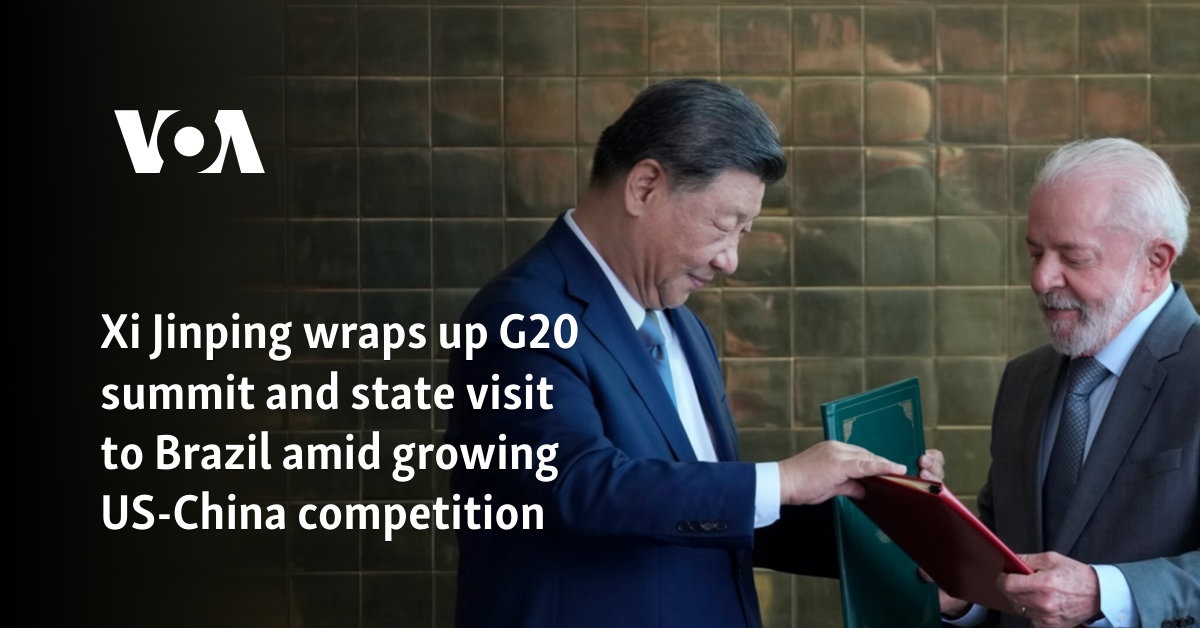Tech
CEO of US’ largest bank JPMorgan says ‘it’s time to fight back as things are becoming …’ – Times of India

JPMorgan Chase CEO Jamie Dimon has introduced a scathing attack on several major US financial regulatory initiatives, vowing to oppose those he deems harmful and ineffective. “It’s time to fight back,” Dimon said at a conference. Many banks are afraid to “fight with their regulators, because they would just come and punish you more,” he added.
“I have been told by people at the Fed, know that because of what you have said and what you wrote about, you know they are coming after you.”
Dimon, known for his outspoken nature, criticized the complexity and potential negative impact of proposed rules on capital requirements, card payments, and open banking. He expressed concerns that these regulations could hinder innovation, increase costs for consumers, and ultimately weaken the financial system.
Specifically, Dimon targeted the Basel III endgame proposal, the Federal Reserve’s proposed capital surcharge for large banks, and the Consumer Financial Protection Bureau’s open banking rule. He argued that these regulations are overly burdensome, inconsistent, and could undermine the stability of the financial system.
The biggest problem as per JPMorgan CEO
The JPMorgan CEO also advocated for stricter regulation of card-issuing financial services firms like American Express, Capital One, and Discover Financial Services, arguing that they have an unfair advantage over banks due to relaxed regulations on debit card fees. “The biggest problem I have with all these overlapping rules is that we are not stepping back and saying, what could we do better to make the system work better,” he added.
Dimon’s comments highlight the growing tensions between the banking industry and US regulators. As the industry continues to grapple with evolving regulatory landscapes, it remains to be seen how these disputes will ultimately impact the financial system and consumers.









